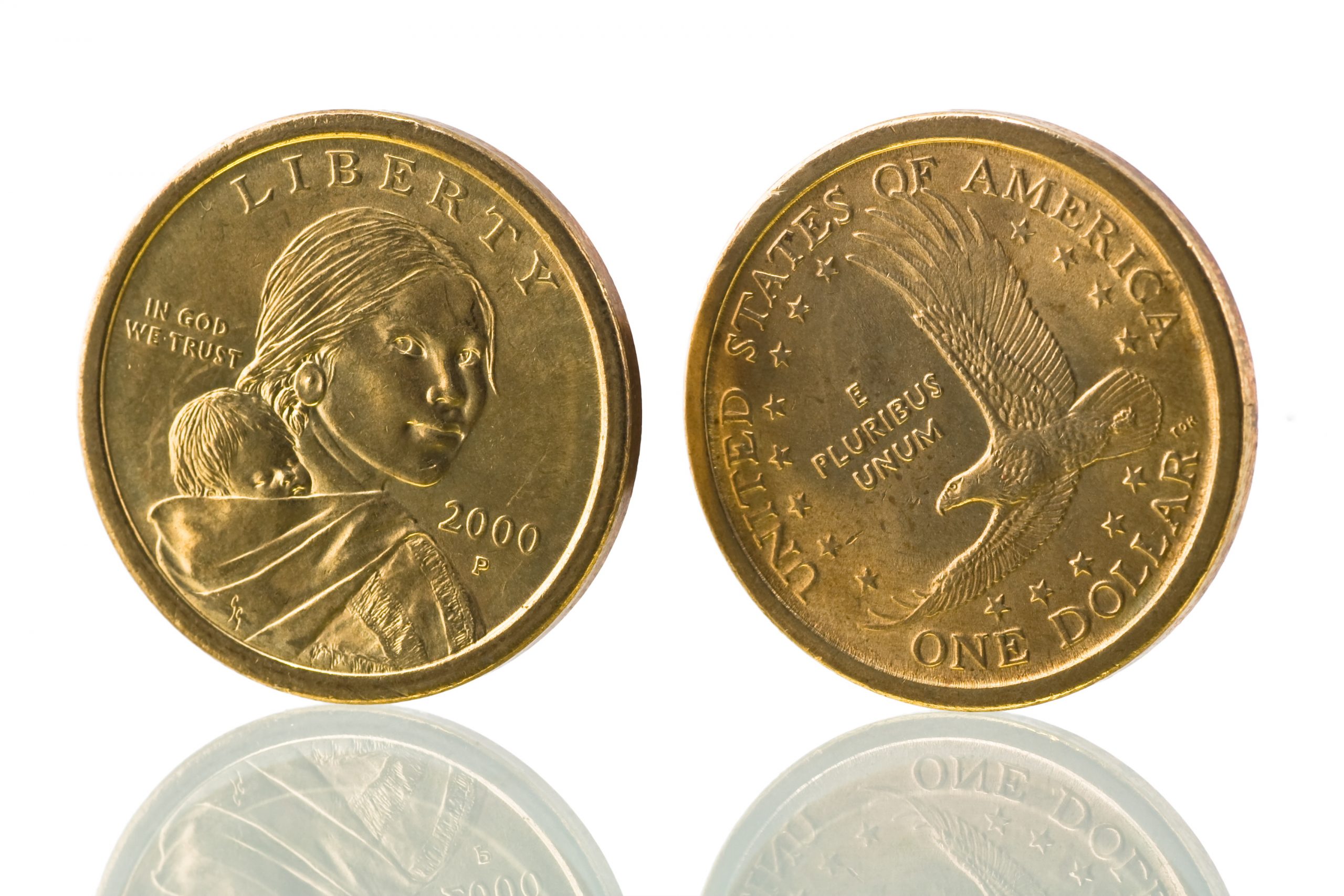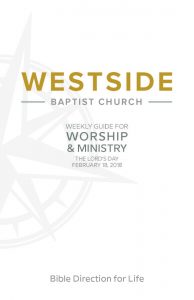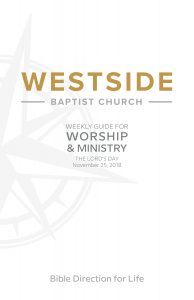Proverbs 26:4–5
Answer not a fool according to his folly, lest thou also be like unto him. Answer a fool according to his folly, lest he be wise in his own conceit.
How ought those who seek to be wise respond to those who persist in foolishness? In these two verses we find two principles for responding to folly in every shape and form. While, on the surface, they seem at first to “contradict” each other, they are placed next to each other for a purpose. They are two sides of one coin—two sides that must be held together if the whole is to be legal tender in the rough and tumble of the everyday world.
The first principle is that wisdom demands you consider the impact that your response to folly has on you. If you are going to respond wisely to folly, you must consider the effect that your approach has on your own heart and soul. There is a very real danger that, in responding to foolishness on the part of others, you allow your response to be so shaped by the folly you are responding to that in the end you have become nothing more than a mirror image of the folly you have opposed.
Yet there is more than one wrong way to respond to folly. You could become so consumed with the danger to yourself in responding to folly that you never confront folly at all. You could forget that there is something even worse than a fool and that is someone who thinks that their folly is in fact wisdom because no one has loved them enough to tell them otherwise. This second principle reminds us that we must also consider the impact that your response to folly has on the fool. Even while we keep in mind how dangerous it is to respond to foolishness we must never forget how dangerous it is to be a fool. We cannot ignore either danger.
A wise response to folly will always consider both of these principles. The reality is that there is more than one truth that must be kept in mind when you are confronted with folly. The truths contained in these two verses do not contradict one another, any more than the head of a coin contradicts the tail. If you try to buy dinner with split coins you are going to go home hungry. You need both sides of a coin in order to have money and you need both of these principles in order to have a wise response to folly. Wisdom demands that you consider both the impact that your response to folly has on you and the impact that your response to folly has on those practicing it.




